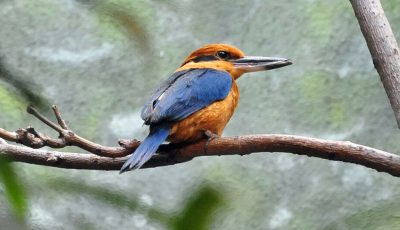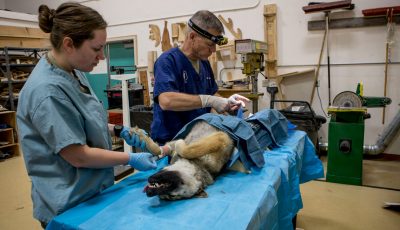Climate change in US coastal states focus of conference
Climate change and its effect to coastal states in the U.S. have been in the forefront of a conference in Louisiana, New Orleans last March.
Department of Lands and Natural Resources Secretary Richard Seman, who attended the conference along with other heads of fisheries departments, said they focused on the issues on climate change affecting areas near bodies of water.
This includes the species living in each areas of jurisdiction.
“Good thing about it is there are issues that are being raised by various states like there is a need to amend the endangered species act because certain species will be eventually part of the list but these are areas where it’s difficult to recover,” Seman said.
The primary law governing marine fisheries management in U.S. federal waters was also discussed.
“Another issue is about changing the Magnusons-Stevens Act on how we manage fisheries, taking into account the different hardship and not just your typical overfishing kind of thing,” Seman said.
He added that they also talked about adaptation.
Seman, who also visited Iloilo, Philippines for the Southeast Asia Fishery Development Center last year, said that the center’s move toward adaptation is the best he has seen so far.
“The general principle of cataloging major species, cataloging meaning their ideal salinity, ideal PH, temperature, their mating timing, their germination, all that,” Seman said, “Because when the time comes and this is now being affected, you won’t try to figure out anymore.”
“All you do is culture it in their ideal setting,” he added.
Seman said another good thing about the center is that they have developed the technique already and they are now looking at how to apply these techniques in a practical way, even in one’s own backyard.
Last December, Seman said he plans to start culturing rabbitfish in the CNMI in coordination with the Northern Marianas College-Cooperative Research, Extension and Education Service through the technique they learned at SEAFDEC.
Seman said they hope to have funding from the Interior Department for the said project as rabbitfish are also affected by climate change.



























